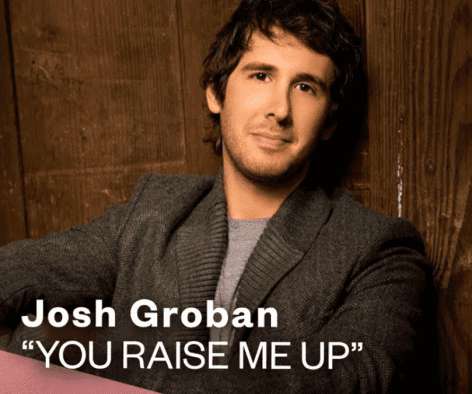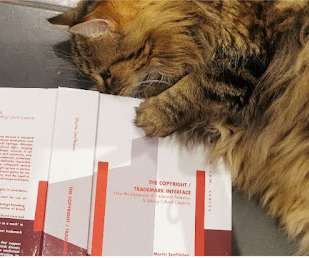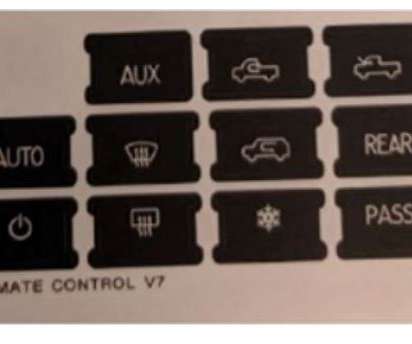3 Count: Extrinsic vs. Intrinsic
Plagiarism Today
MAY 16, 2022
1: Supreme Court Leaves in Place Circuit Split Regarding Approach for Assessing Substantial Similarity in Copyrighted Works. 2: Judge Says ‘Vape’ Musical Parody May Go On as ‘Grease’ Copyright Claim Flops. The owners of Grease sent a cease and desist letter in August 2019 that resulted in performances of Vape being cancelled.












Let's personalize your content